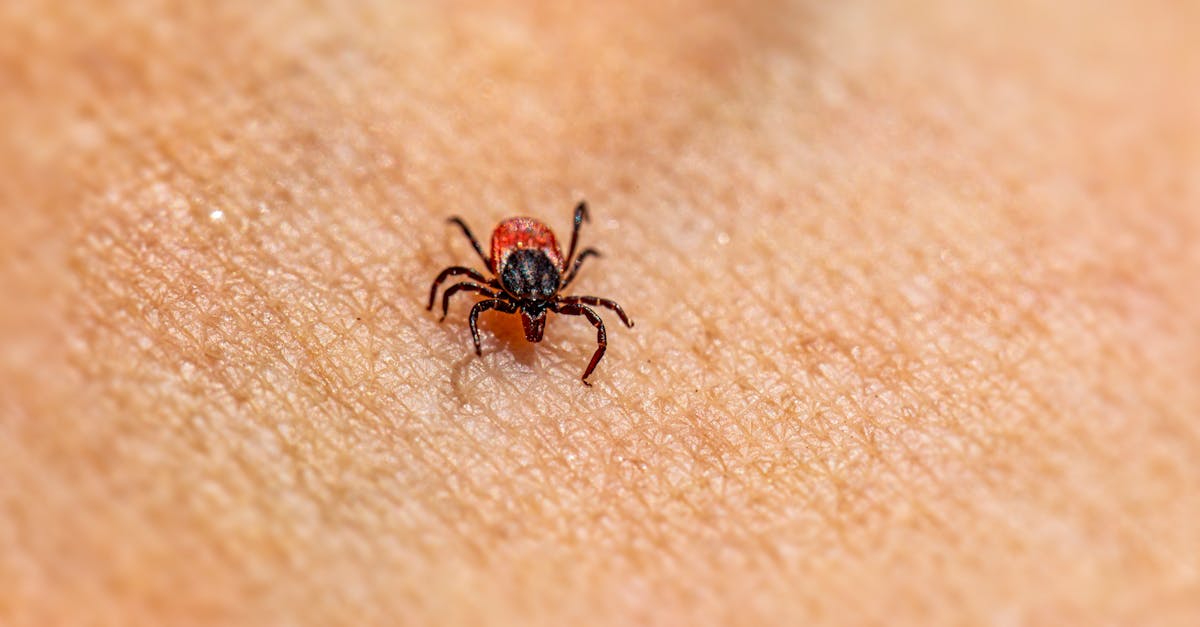
Best Flea And Tick Prevention For Dogs
- October 03, 2024
- 4 min Read
- Views 407
Best Flea and Tick Prevention for Dogs
Keeping your furry friend safe from fleas and ticks is critical to their health and well-being. These pests not only cause discomfort but can also transmit diseases. As a responsible pet owner, finding the best flea and tick prevention for dogs is essential. In this comprehensive guide, we will explore effective ways to safeguard your dog from these troublesome parasites.
Understanding Flea and Tick Infestations
Fleas and ticks are common pests that pose serious health risks to dogs. Fleas can cause severe itching, allergies, and skin infections. Moreover, they can also transfer tapeworms and other parasites. Ticks, on the other hand, are notorious carriers of Lyme disease, Rocky Mountain spotted fever, and other tick-borne illnesses. Understanding the life cycle and behavior of these pests can help in developing an effective prevention strategy.
Types of Flea and Tick Prevention for Dogs
There are several types of prevention methods available, and the best flea and tick prevention for dogs can depend on various factors including your dog's age, health, and lifestyle. Here are some of the most common types:
- Topical Treatments: These are liquid solutions applied directly to the dog's skin. They provide a convenient and effective way to kill and repel both fleas and ticks. Brands like Frontline and Advantix are popular choices.
- Oral Medications: Pills can be given monthly to prevent flea and tick infestations. Products like NexGard and Bravecto are known for their efficiency and ease of use.
- Collars: Flea and tick collars can provide long-lasting protection, often up to eight months. Seresto collars are a favorite for their extended duration.
- Shampoos: Flea and tick shampoos are a fast-acting solution to remove these pests from your dog's coat. However, they may not offer long-term protection.
- Sprays and Powders: These can be applied directly to the dog's body or to their environment to kill or repel fleas and ticks.
Factors to Consider When Choosing Flea and Tick Prevention
Determining the best flea and tick prevention for dogs is not a one-size-fits-all decision. Consider the following factors when making your choice:
- Your Dog's Size and Weight: Ensure the treatment is appropriate for your dog's size. Incorrect dosages can be ineffective or harmful.
- Age and Health Condition: Puppies, senior dogs, or dogs with health issues may require specific types of prevention.
- Environment and Lifestyle: Dogs that spend a lot of time outdoors may need more robust protection compared to indoor pets.
- Local Risk Level: Consider the prevalence of flea and tick infestation in your area. Some regions have higher risks than others.
- Consult Your Veterinarian: Always seek professional advice to tailor the best prevention strategy for your furry friend.
Guide to Implementing Flea and Tick Prevention for Dogs
- Identify the Right Product: Research and choose a product suited to your dog's specific needs, keeping in mind the factors mentioned earlier.
- Regular Application: Follow the product's instructions for frequency and application method. Consistency is crucial for continued protection.
- Clean and Vacuum Regularly: Maintain a clean living environment for your dog. Vacuum carpets, wash bedding, and sanitize common areas.
- Regularly Check for Fleas and Ticks: Inspect your dog regularly, especially after walks in high-risk areas. Prompt removal of ticks can prevent disease transmission.
- Consult Your Veterinarian Often: Regular check-ups can help catch any issues early and allow adjustments to your prevention plan as needed.
Frequently Asked Questions About Flea and Tick Prevention
Q: How often should I apply flea and tick prevention?
A: The frequency depends on the product type. Most topical treatments and oral medications are monthly, while collars can last several months.
Q: Can I use more than one type of treatment at a time?
A: Some treatments can be combined, but it’s essential to consult your veterinarian to avoid overmedication or adverse reactions.
Q: Are natural flea and tick preventatives effective?
A: Some natural remedies can provide mild protection, but they are generally not as effective as commercial products. Always consult with a vet before using natural methods.
Q: What should I do if my dog has a reaction to prevention products?
A: Discontinue use immediately and consult your veterinarian. Bring the product packaging for reference.
People Also View
-
1October 02, 2024
-
2October 03, 2024
-
3October 14, 2024
-
4October 09, 2024
-
5October 01, 2024
Categories
- Near Me 2147 Posts
- How To 548 Posts
- Where To 257 Posts
- Why 90 Posts
- How Much 97 Posts
- Travel 202 Posts
- Food And Drink 815 Posts
- Shopping 797 Posts
- Lifestyle 1050 Posts
- Automotive 364 Posts
- Digital Income 70 Posts








